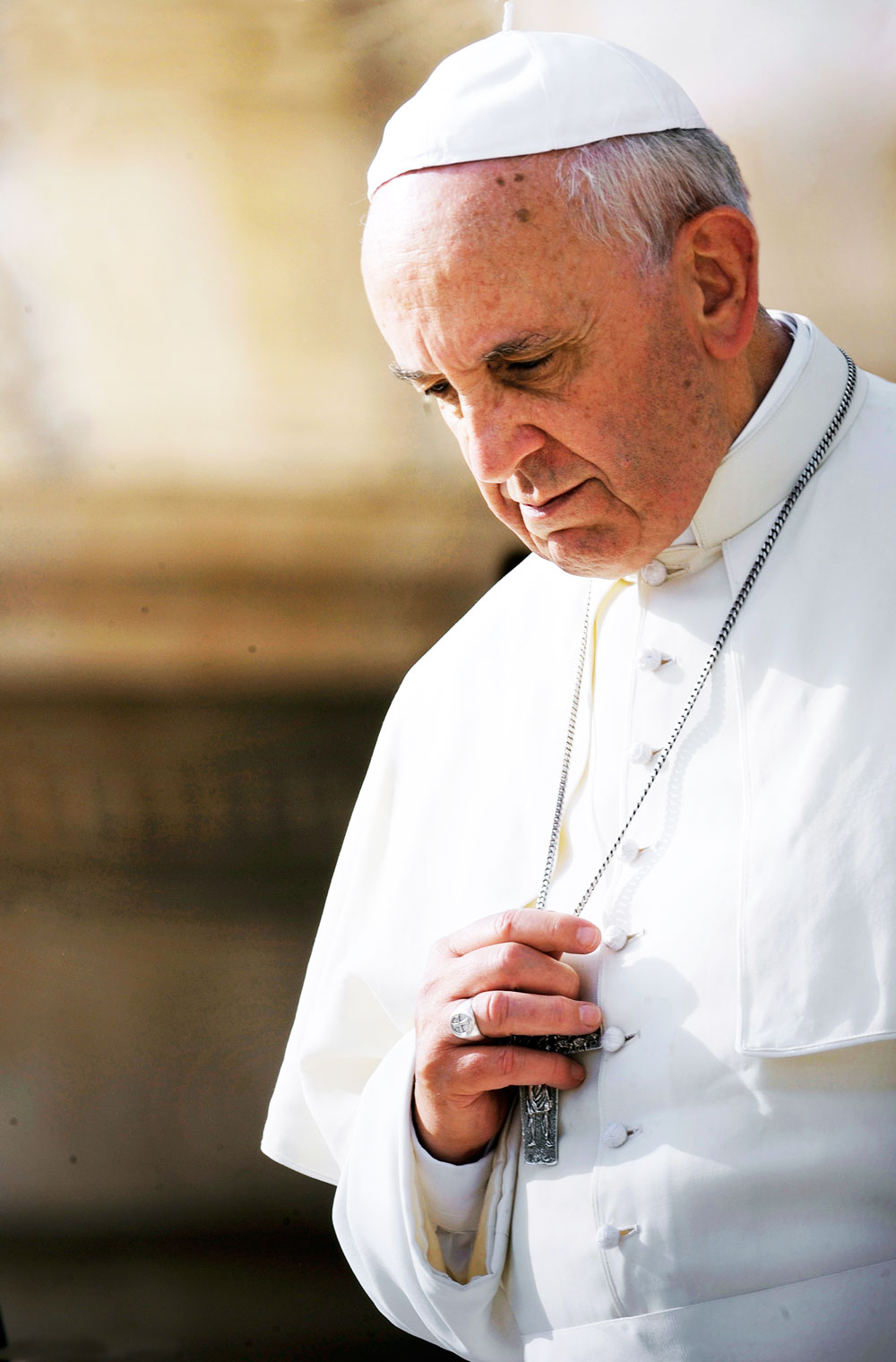To be contemplatives in action
Stages in Jesuit Formation
The two years of Jesuit novitiate may be likened to carving out the “bold chiseling strokes.” In this initial stage of carving, formation adopts a psycho-spiritual approach. This aims to bring about an initial understanding of the formand’s personality and his motivation for entering Jesuit religious life. A thirty-day retreat on the Spiritual Exercises of St. Ignatius allows the new Jesuit to enter into the basic paradigm of Jesuit life. Different month-long exposures – or “trials” – in apostolic life are undergone (e.g., mission, hospital, urban poor, factory) which challenge him to integrate his own religious ideals with actual life experience. At the end of this two-year period, the Jesuit novice is evaluated as to whether he is fit for a Jesuit lifestyle. If he is deemed ready and fit, he makes his first vows.
Jesuit Juniorate and Philosophy years attempt to chisel the formand more finely. The stress of a year of Juniorate formation is towards greater socialization – exposing the formand more and more to the interactions of community life visà-vis the rigors of university studies and continuing apostolic endeavors. Interpersonal skills are stressed. Communication subjects are taken – stressing proficiency in both English and mother tounge – chiseling them to greater sensitivity through literature and the other arts.
This period integrates intellectual and spiritual growth.
After professing First Vows, a Jesuit moves into academic work as a brother or a scholastic (a man who is preparing for priesthood). He studies juniorate and philosophy at a Jesuit university, usually for three years. Additional ministerial work further deepens his Jesuit identity.
Some scholastics and brothers are missioned to finish work on their bachelor’s degrees, while others work on advanced degrees in philosophy or other subjects.
Philosophy studies help ground a Jesuit in his critical thinking. Studying the ancient, medieval and modern philosophers helps a Jesuit make sense of the world around him and articulate for the people of God what it means to be human, and what it means to be Catholic.
A period integrating intellectual and spiritual growth
For the first time during formation, a Jesuit brother or scholastic works full-time in a Jesuit ministry, living in an apostolic community of Jesuits, usually for three years.
Often teaching at a Jesuit high school or university, the regent learns to BALANCE full-time apostolic work with a life of prayer and community living.
Theology studies prepare Jesuits for the service of the faith. After completing regency, Jesuit scholastics (men preparing for priestly ordination) study theology at the graduate level, usually for three years.
A Jesuit brother might study theology for a shorter time to enhance his effectiveness for ministry.
Scholastics During theology studies, a scholastic is ordained as a deacon and after completing theology studies, he is ordained to the priesthood, marking the end of about a decade of study and preparation and making him available for his first assignment as a Jesuit priest.

